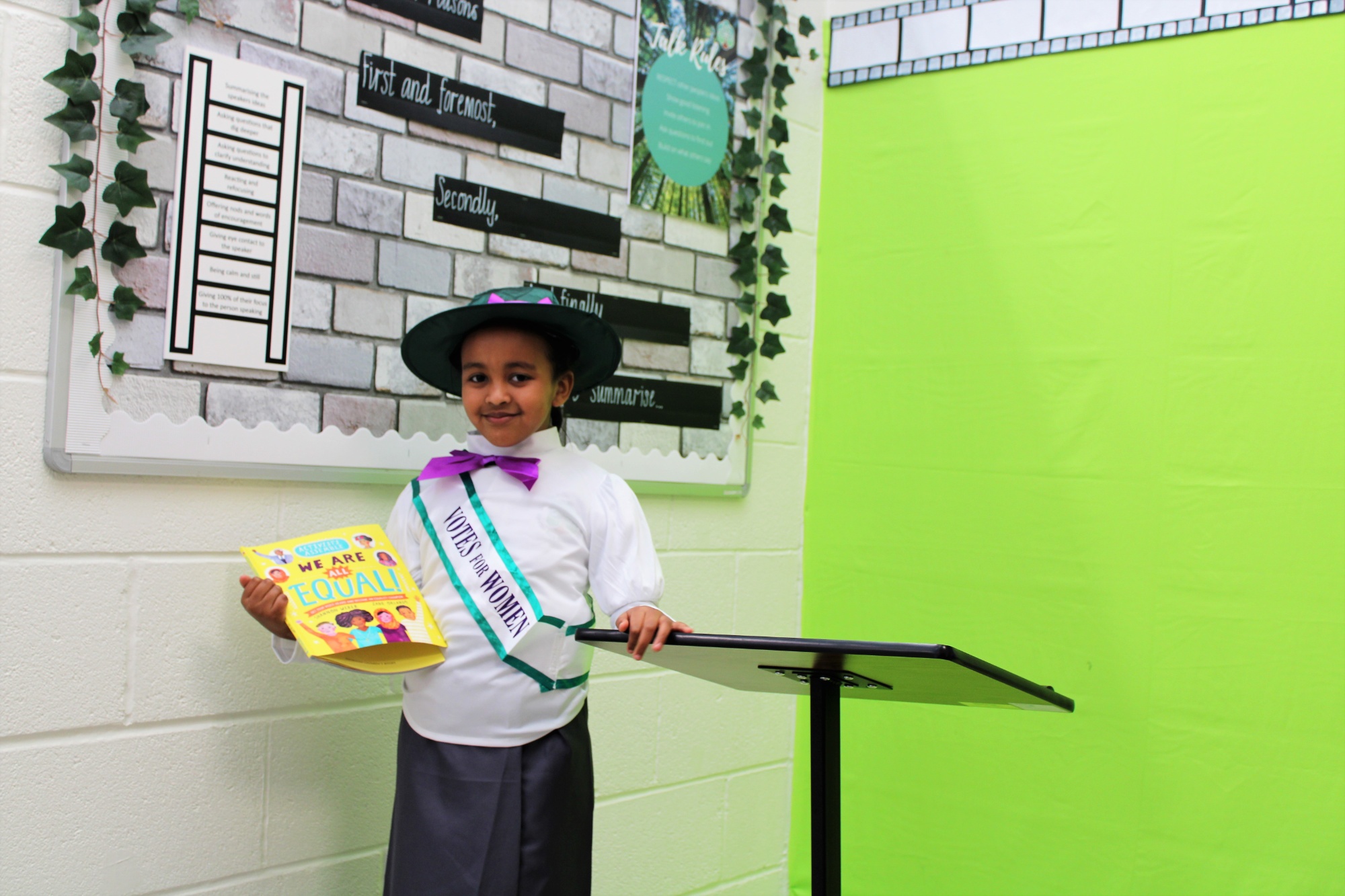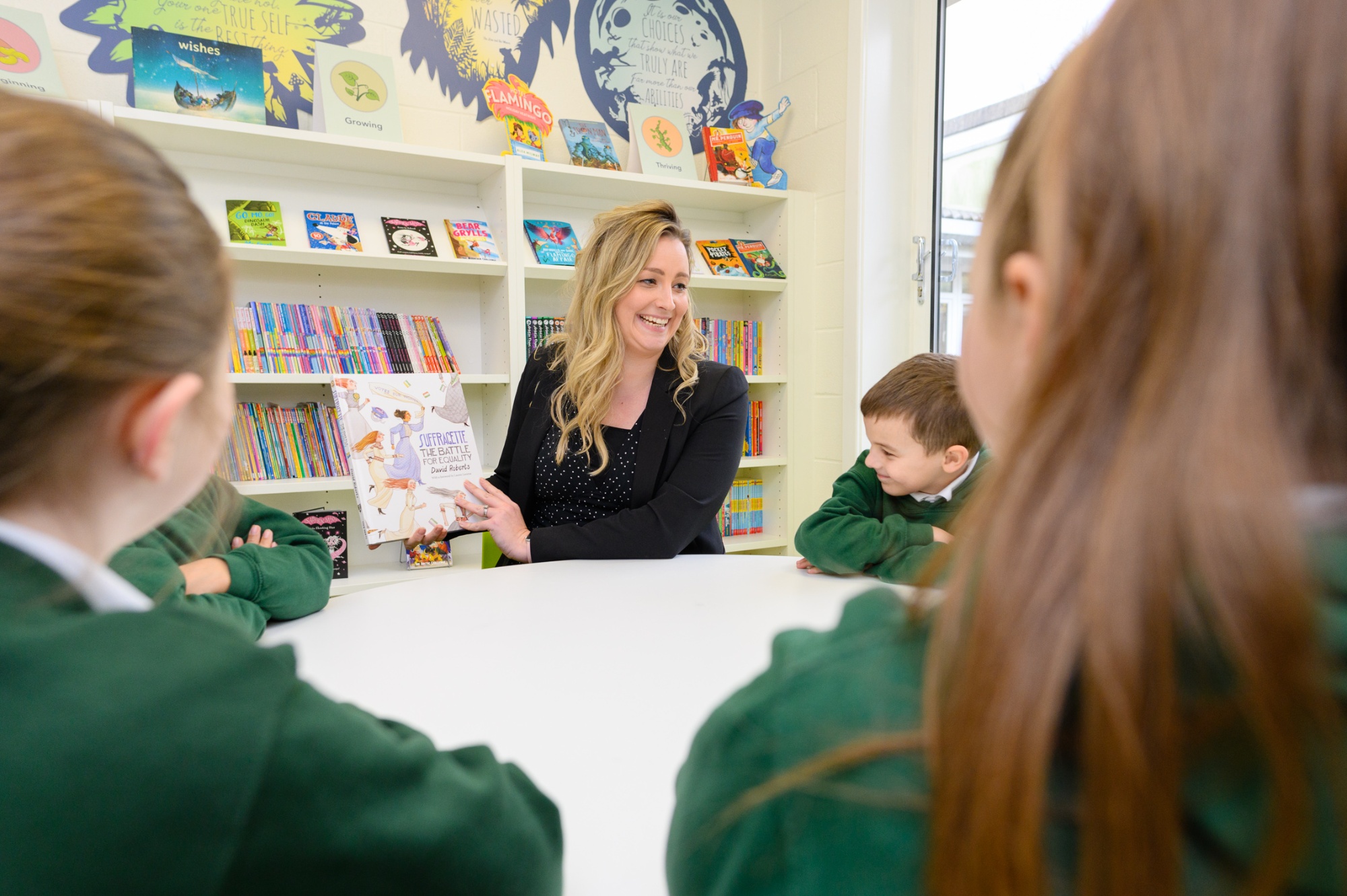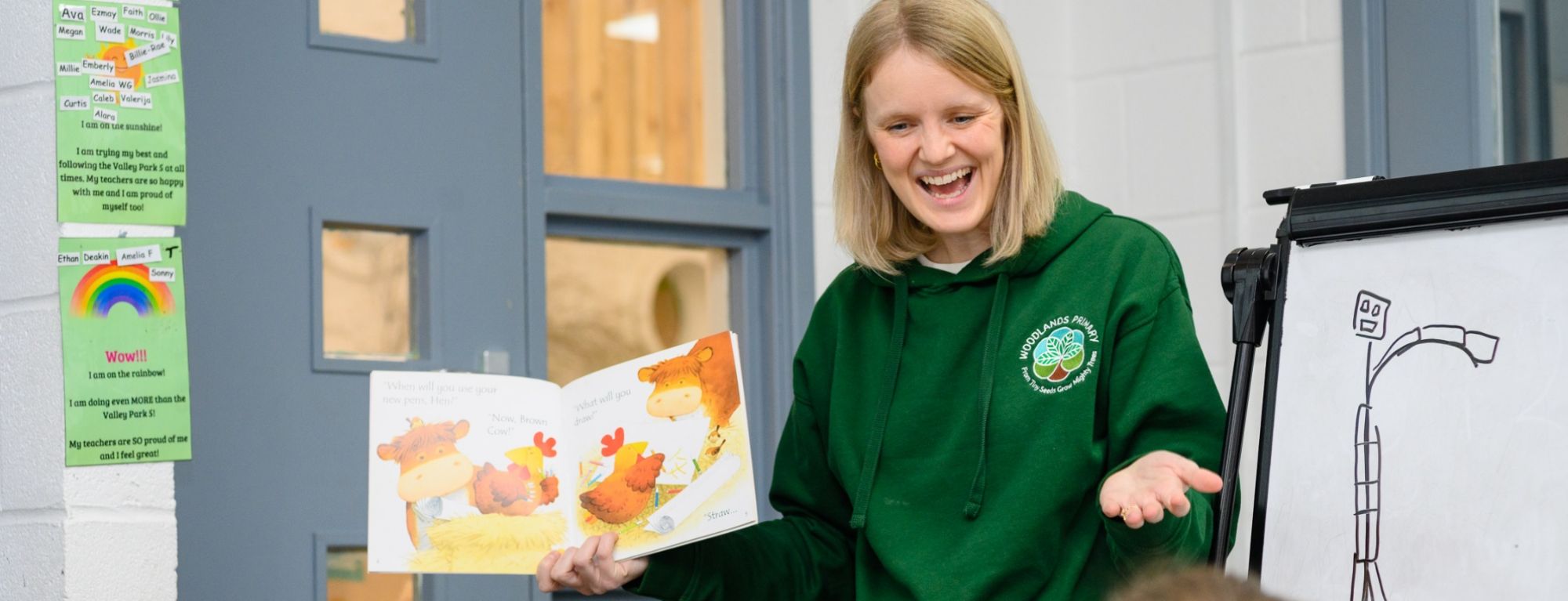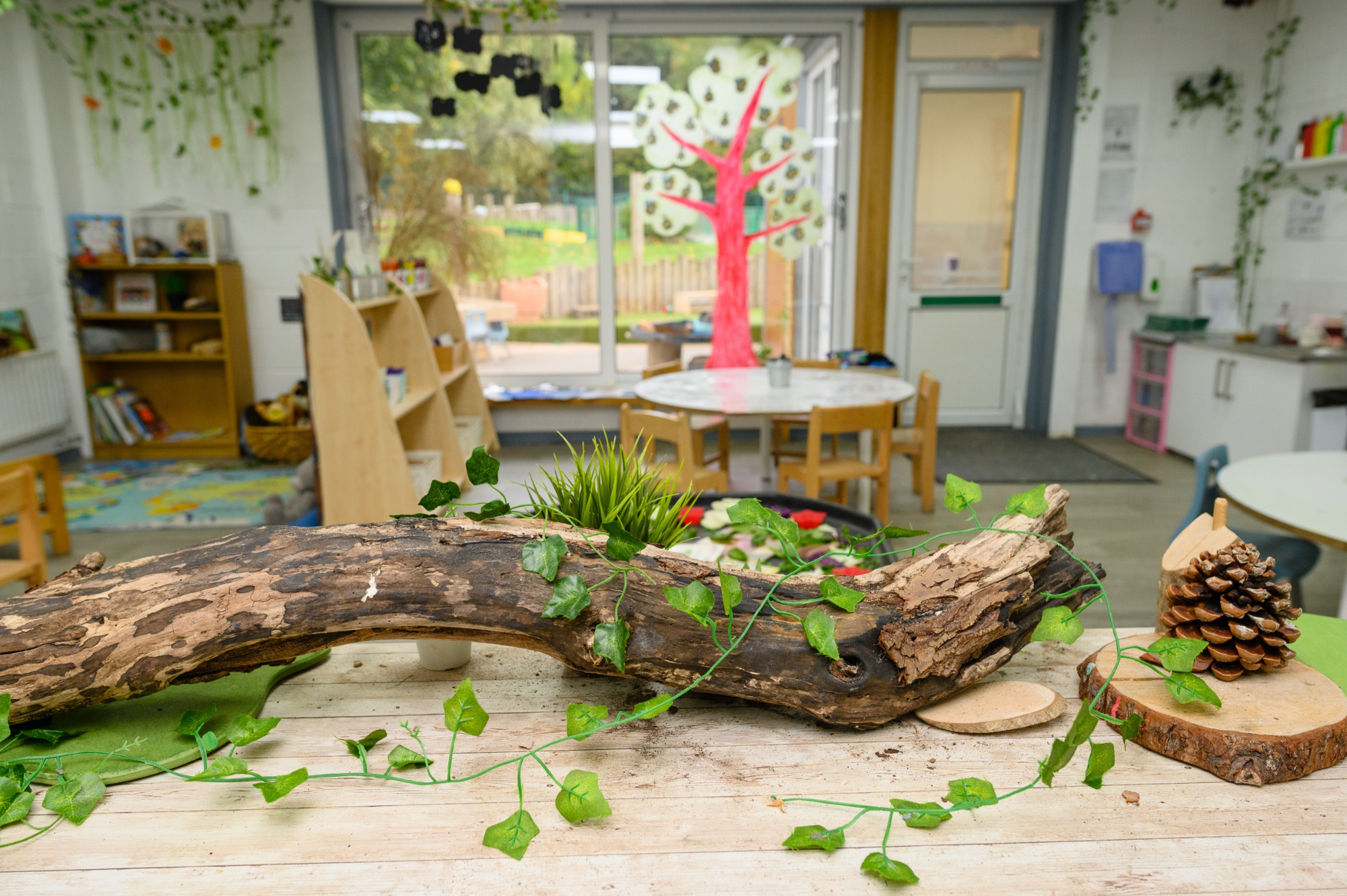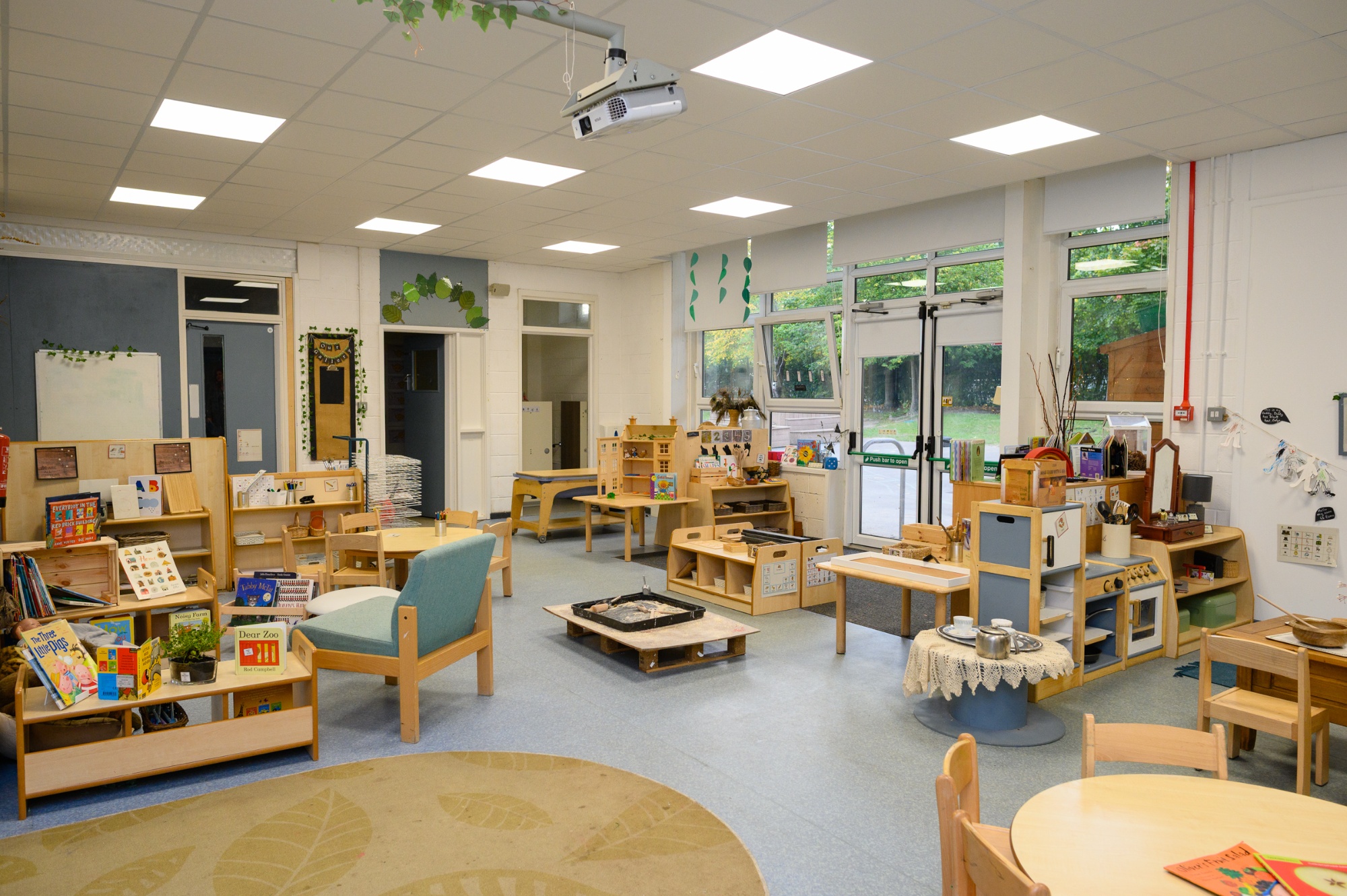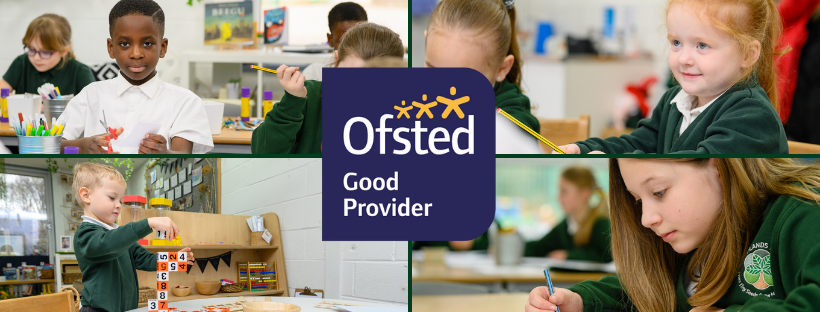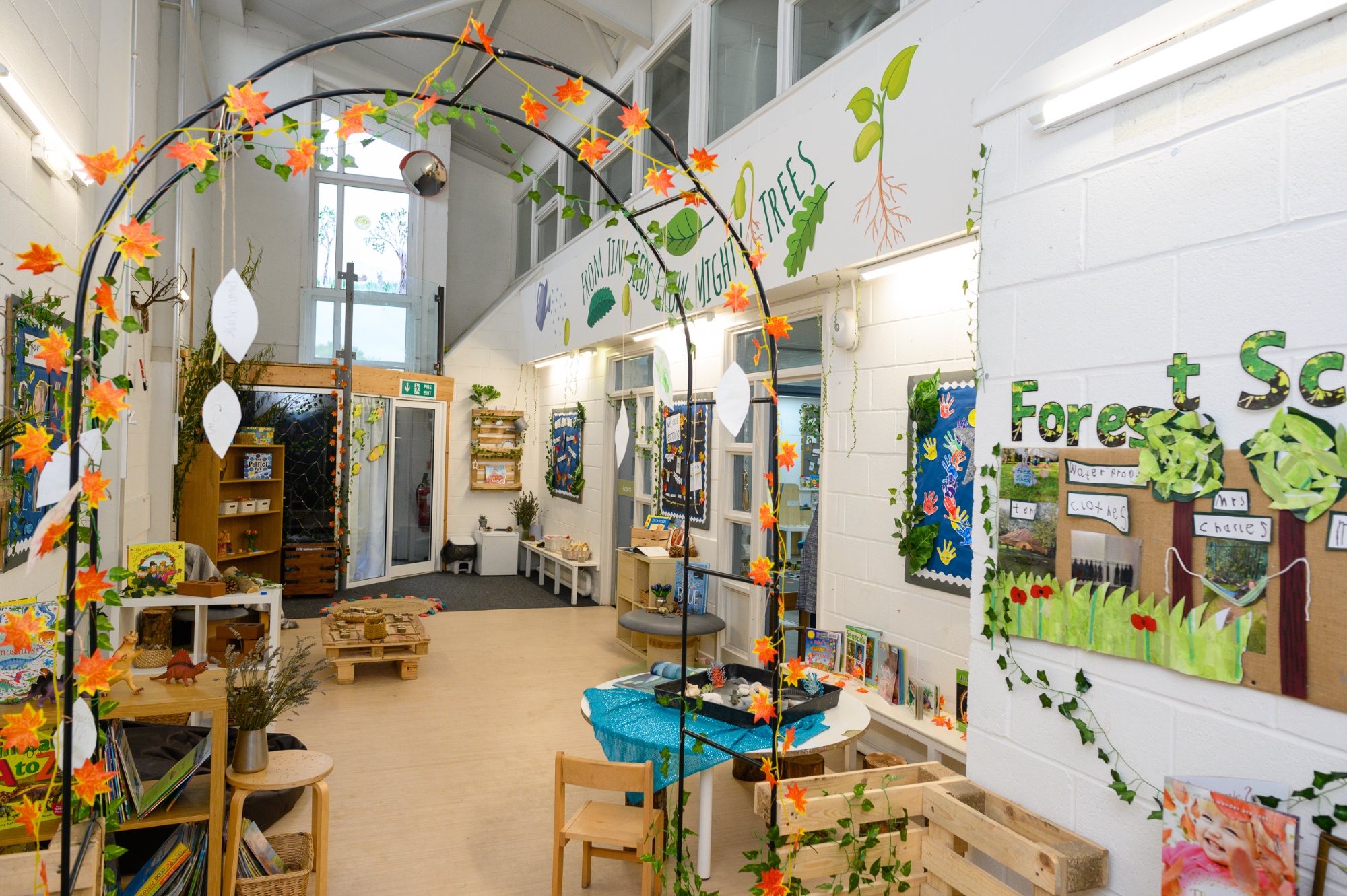Languages
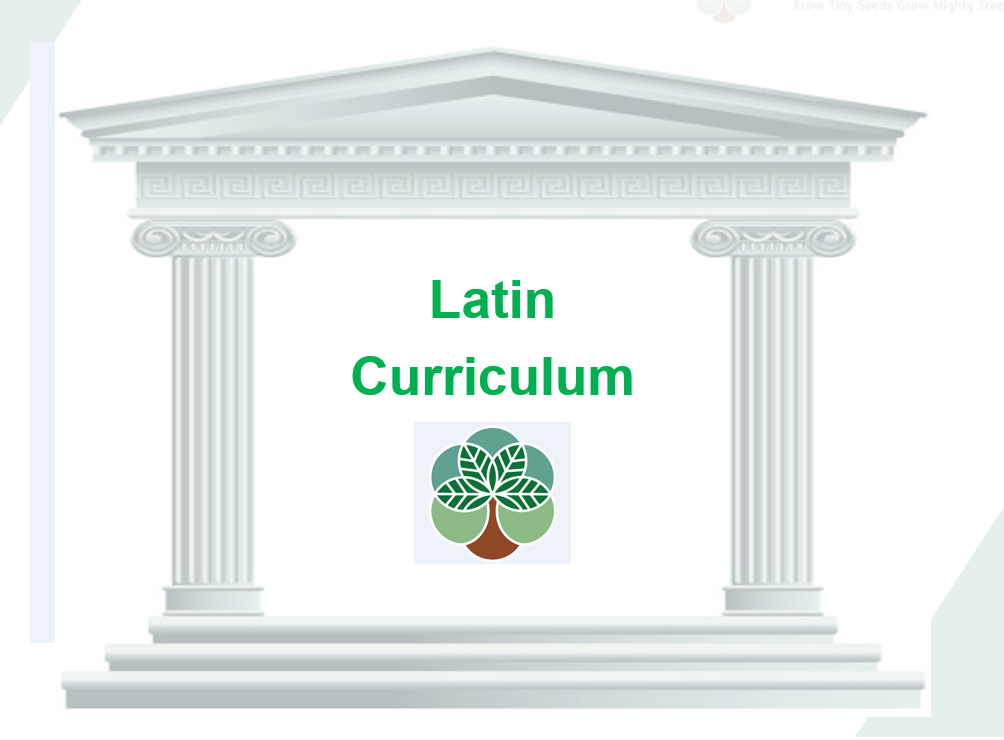
We are one of only three primary schools that teach Latin in Sheffield.
There is a reason for this!
Knowing our ‘roots’
Did you know that around 60% of the words we use in the English language are made up of Ancient Latin and Greek roots!
Therefore, it makes sense for us to study Latin with our pupils, so that they can make strong, meaningful connections.
Our job is to prepare children for life beyond primary, which is secondary school and possibly an academic future.
This means that our children are likely to come across increasing amounts of technical words in subjects like science and history so having those deep connections as a strong foundation will help them to better understand and make meaning of new vocabulary.

We have made the deliberate choice to teach Latin as a language because:
- It offers the opportunity to reinforce the teaching of English vocabulary and grammar
- The language lends itself to a systematic style of teaching
- Latin is a logical step after phonics, reinforcing the notion of structure and pattern in language
- Teaching the subject allows insights into myth and other cultural aspects that form the basis of modern Western culture, and there are obvious links to our History and Geography Curriculum.


